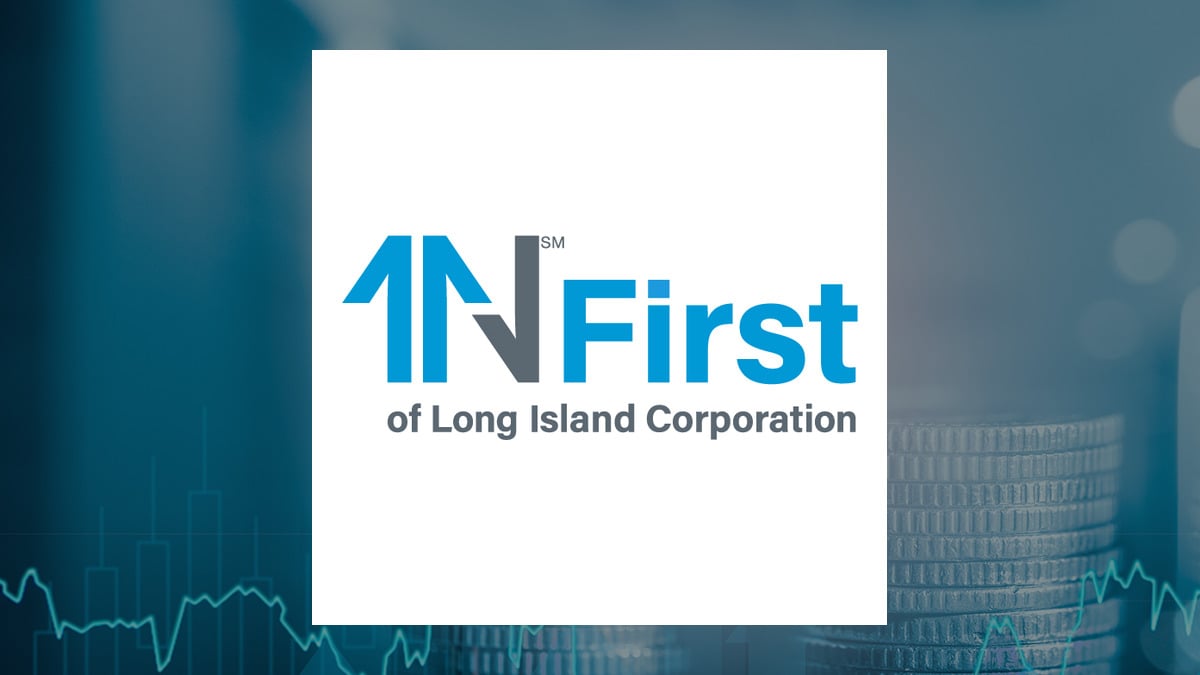First of Long Island (NASDAQ:FLIC – Get Free Report) and First United (NASDAQ:FUNC – Get Free Report) are both small-cap finance companies, but which is the superior stock? We will compare the two companies based on the strength of their earnings, valuation, dividends, profitability, analyst recommendations, institutional ownership and risk.
Analyst Ratings
This is a breakdown of current ratings for First of Long Island and First United, as provided by MarketBeat.
| Sell Ratings | Hold Ratings | Buy Ratings | Strong Buy Ratings | Rating Score | |
| First of Long Island | 0 | 1 | 0 | 0 | 2.00 |
| First United | 0 | 0 | 0 | 0 | N/A |
First of Long Island presently has a consensus price target of $13.00, suggesting a potential upside of 6.73%. Given First of Long Island’s higher probable upside, equities analysts clearly believe First of Long Island is more favorable than First United.
Valuation & Earnings
| Gross Revenue | Price/Sales Ratio | Net Income | Earnings Per Share | Price/Earnings Ratio | |
| First of Long Island | $88.02 million | 3.12 | $26.24 million | $1.08 | 11.28 |
| First United | $72.44 million | 2.58 | $15.06 million | $2.15 | 13.10 |
First of Long Island has higher revenue and earnings than First United. First of Long Island is trading at a lower price-to-earnings ratio than First United, indicating that it is currently the more affordable of the two stocks.
Volatility and Risk
First of Long Island has a beta of 0.69, indicating that its share price is 31% less volatile than the S&P 500. Comparatively, First United has a beta of 0.78, indicating that its share price is 22% less volatile than the S&P 500.
Institutional & Insider Ownership
48.3% of First of Long Island shares are held by institutional investors. Comparatively, 33.3% of First United shares are held by institutional investors. 6.3% of First of Long Island shares are held by insiders. Comparatively, 7.8% of First United shares are held by insiders. Strong institutional ownership is an indication that endowments, hedge funds and large money managers believe a company is poised for long-term growth.
Profitability
This table compares First of Long Island and First United’s net margins, return on equity and return on assets.
| Net Margins | Return on Equity | Return on Assets | |
| First of Long Island | 12.58% | 5.96% | 0.52% |
| First United | 13.84% | 11.85% | 0.99% |
Dividends
First of Long Island pays an annual dividend of $0.84 per share and has a dividend yield of 6.9%. First United pays an annual dividend of $0.80 per share and has a dividend yield of 2.8%. First of Long Island pays out 77.8% of its earnings in the form of a dividend, suggesting it may not have sufficient earnings to cover its dividend payment in the future. First United pays out 37.2% of its earnings in the form of a dividend.
Summary
First United beats First of Long Island on 8 of the 14 factors compared between the two stocks.
About First of Long Island
 The First of Long Island Corporation operates as the holding company for The First National Bank of Long Island that provides financial services to small and medium-sized businesses, professionals, consumers, municipalities, and other organizations. The company offers business and small business checking, personal checking, negotiable order of withdrawal, interest on lawyer, escrow service, rent security, personal and nonpersonal money market, savings, time deposit, and individual retirement accounts. It also provides commercial and residential mortgage, commercial and industrial, small business credit scored, Small Business Administration, construction and land development, consumer, and home equity lines/loans, as well as standby letters of credit; debit or credit cards; and overdraft facilities. In addition, the company offers life insurance, investment management, trust, estate and custody, retail investment, bill payment, lockbox, ACH, safe deposit box rental, wire transfer, money order, checkbook printing, check, ATM, and online and mobile banking services. The First of Long Island Corporation was founded in 1927 and is headquartered in Melville, New York.
The First of Long Island Corporation operates as the holding company for The First National Bank of Long Island that provides financial services to small and medium-sized businesses, professionals, consumers, municipalities, and other organizations. The company offers business and small business checking, personal checking, negotiable order of withdrawal, interest on lawyer, escrow service, rent security, personal and nonpersonal money market, savings, time deposit, and individual retirement accounts. It also provides commercial and residential mortgage, commercial and industrial, small business credit scored, Small Business Administration, construction and land development, consumer, and home equity lines/loans, as well as standby letters of credit; debit or credit cards; and overdraft facilities. In addition, the company offers life insurance, investment management, trust, estate and custody, retail investment, bill payment, lockbox, ACH, safe deposit box rental, wire transfer, money order, checkbook printing, check, ATM, and online and mobile banking services. The First of Long Island Corporation was founded in 1927 and is headquartered in Melville, New York.
About First United
 First United Corporation operates as the bank holding company for First United Bank & Trust that provides various retail and commercial banking services to businesses and individuals. It offers various deposit products, which includes checking, savings, money market deposit, and regular and individual retirement accounts (IRAs), as well as certificates of deposit. The company loan portfolio includes commercial loans secured by real estate, commercial equipment, vehicles, or other assets of the borrower; commercial real estate loans for residential and commercial development, agricultural purpose properties, and service industry buildings, such as restaurants and motels, retail buildings, and general purpose business space; residential mortgage loans; home equity lines of credit; residential real estate construction loans; and indirect and direct auto loans, student loans, and other secured and unsecured lines of credit and term loans. It also offers access to multi-million-dollar certificates of deposit and the Intrafi cash service, including multi-million-dollar savings and demand deposits to municipalities, businesses, and consumers; and treasury management, cash sweep, and various checking services. In addition, the company provides trust services, which includes personal trust, investment agency accounts, charitable trusts, retirement accounts, including IRA roll-overs, 401(k) accounts and defined benefit plans, estate administration, and estate planning; and insurance products, brokerage services, and safe deposit and night depository facilities. First United Corporation was founded in 1900 and is headquartered in Oakland, Maryland.
First United Corporation operates as the bank holding company for First United Bank & Trust that provides various retail and commercial banking services to businesses and individuals. It offers various deposit products, which includes checking, savings, money market deposit, and regular and individual retirement accounts (IRAs), as well as certificates of deposit. The company loan portfolio includes commercial loans secured by real estate, commercial equipment, vehicles, or other assets of the borrower; commercial real estate loans for residential and commercial development, agricultural purpose properties, and service industry buildings, such as restaurants and motels, retail buildings, and general purpose business space; residential mortgage loans; home equity lines of credit; residential real estate construction loans; and indirect and direct auto loans, student loans, and other secured and unsecured lines of credit and term loans. It also offers access to multi-million-dollar certificates of deposit and the Intrafi cash service, including multi-million-dollar savings and demand deposits to municipalities, businesses, and consumers; and treasury management, cash sweep, and various checking services. In addition, the company provides trust services, which includes personal trust, investment agency accounts, charitable trusts, retirement accounts, including IRA roll-overs, 401(k) accounts and defined benefit plans, estate administration, and estate planning; and insurance products, brokerage services, and safe deposit and night depository facilities. First United Corporation was founded in 1900 and is headquartered in Oakland, Maryland.
Receive News & Ratings for First of Long Island Daily - Enter your email address below to receive a concise daily summary of the latest news and analysts' ratings for First of Long Island and related companies with MarketBeat.com's FREE daily email newsletter.
